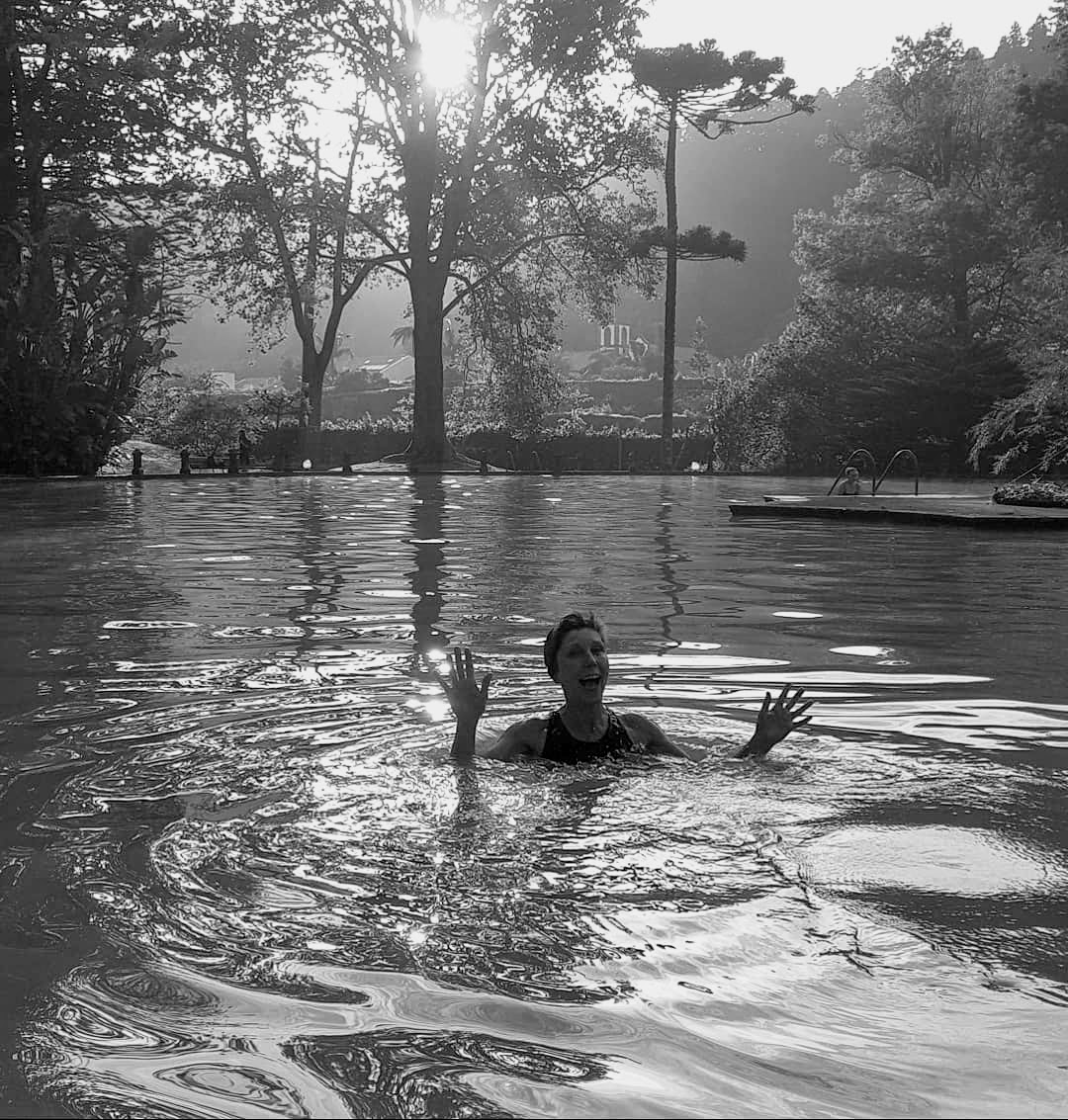Can’t Hurt me, by David Goggins is a motivational read from someone who picked himself up after getting a bad start and worked, almost as a matter of life and death, to become a Navy SEAL.
“Doing things – even small things – that make you uncomfortable, will make you strong. The more often you get uncomfortable, the stronger you’ll become. And soon you’ll develop a more productive can-do dialogue with yourself in stressful situations.”
On my 3 year Alexander Technique training course, thinking and not doing was uncomfortable and challenging. But when the penny starts to drop, you realise it’s what you’re thinking that needs to change. It is learning to stop, rethinking your body in action, preventing your old harmful patterns, that starts to make you feel stronger. So, in terms of learning the Alexander Technique, the author’s statement seems true.
But motivational thinking like this is often used for exercise and fitness goals. I often see this kind of thing: You’re fat. Have a good look at yourself and work out how you’re going to run your first 5k. You can’t swim. Start with a length, which feels impossible at first, then work towards 4 lengths without stopping. Before you know it, you can keep going and do your first mile.
The trouble is, pushing yourself to achieve physical fitness goals is problematic if you haven’t spent time discovering how you get in your own way, disintegrating yourself by tensing or collapsing different parts, pulling yourself down so that you impede your breathing and energy.
There’s work to do in water for release and expansion. For non-swimmers, and swimmers too, this can be tough, uncomfortable work. If you don’t believe the water will support you, you need to learn to stop ‘doing’ and to trust it. You have to think consciously to counter the thinking you’re unaware of which is holding you back.
You can perhaps do this best by floating like a jelly fish or letting yourself drop under the surface as if you’re going to sit on the floor. From these favourable positions, you can direct your head out of your body so your back lengthens and widens and bubbles come, without you doing anything. And from this foundation, you can swim a few strokes, continuing to work on the same thing.
But if your motivation to swim that first mile is too strong, you may miss out this important work and make things worse for yourself rather than achieving self improvement.
Thinking as Alexander taught, ‘thinking in activity’, is not automatic for any of us, so it takes us out of our comfort zone. But by doing the work, uncomfortable though it might be, we approach the possibility of moving, doing things, living, more comfortably. This is what we’re practising
Ultimately, I don’t want to push myself out of my comfort zone, I want to find myself in it, or at least, in my element.


